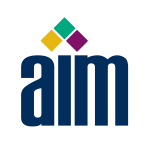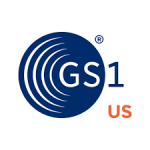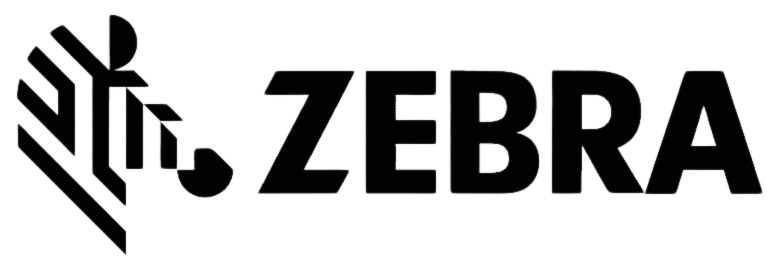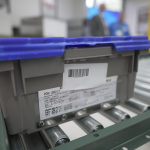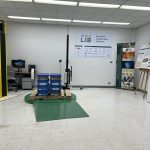RFID Testing Services
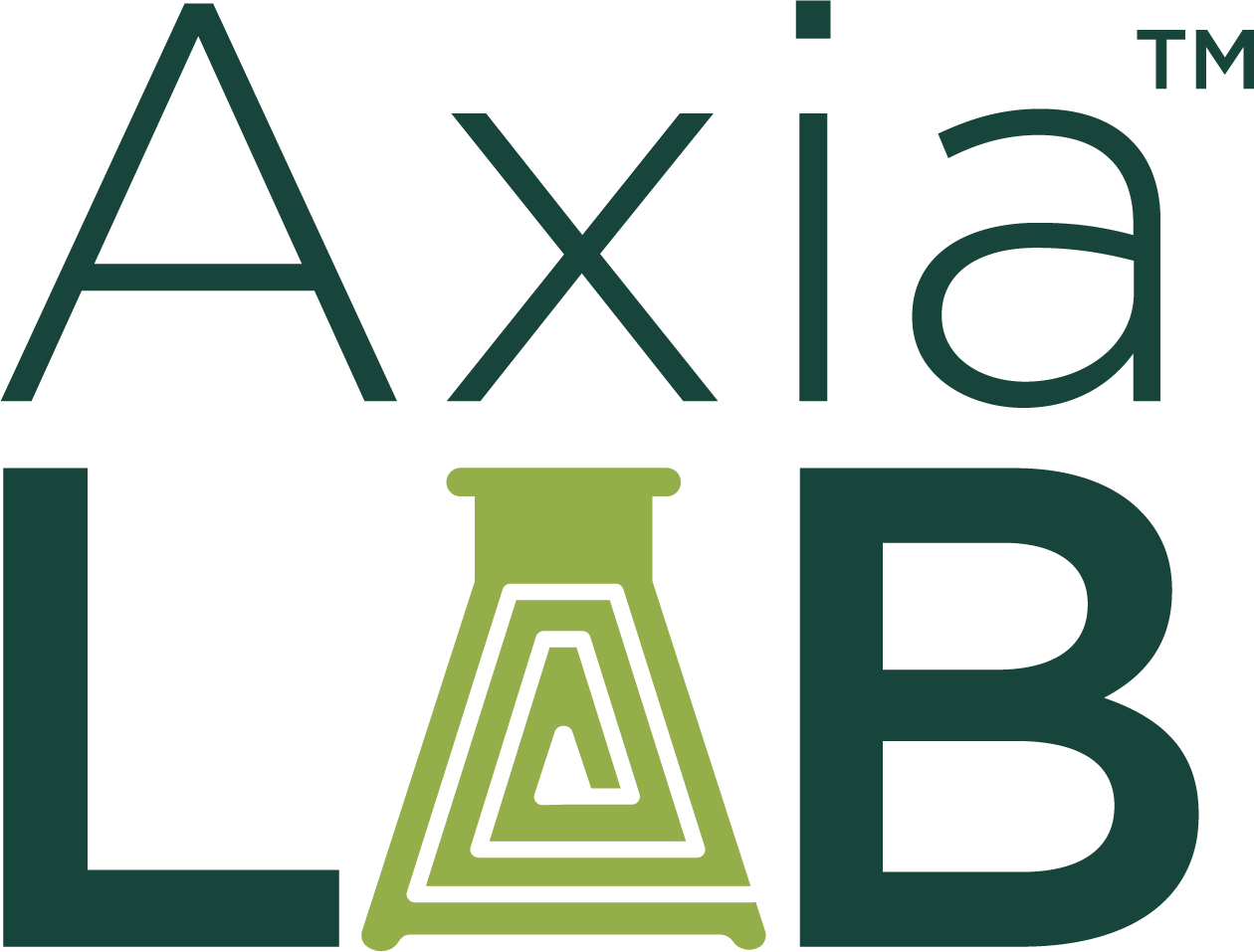
At the forefront of testing new and emerging RFID-tagged items
RFID technology is revolutionizing value chains. Since our labs opened in 2021, Axia Labs has been at the forefront of testing new and emerging RFID-tagged items. Axia tests RFID-tagged items on the actual material on which the tag will be placed. Since opening, we have collaborated with the pharmaceutical industry to adapt the processes and standards of RFID from retail to pharmaceutical items assuring their standards for performance testing are met.
Companies choose Axial Lab for testing for a variety of reasons, each reflecting the diverse industries they serve. Industry consortiums, such as those in the pharmaceutical and healthcare sectors, collaborate to pool funding and tackle common challenges. This collaboration highlights how RFID technology offers unmatched end-to-end visibility and interoperability. Similarly, RFID ensures product traceability in the food, agriculture, and advanced manufacturing industries, safeguarding human health and safety.

Testing Methods Accredited
Three of Axia’s item-level test methods — Threshold, Orientation, and GS1’s Tagged Item Performance Protocol (TIPP) are ISO/IEC 17025:2017 accredited.
Partnerships for Impact
Axia is actively involved in standardization organizations such as AIM, GS1 and others. We are commited to be at the front of globally accepted regulations and standards, and engaging with industry experts to identify and address market needs.
Leading Edge Solution Providers
Axia works closely with industry leaders to solve their grand value chain challenges. Axia Lab operates using a collection of top-tier advanced technologies from different brand owners designed to demonstrate the capabilities of various solutions based on specific use cases.
Explore. Test. Validate.
Axia Lab provides a collaborative environment where industry stakeholders can explore, test, and validate innovative technologies, ensuring they meet the unique needs of their value chains. By leveraging this ecosystem of cutting-edge tools, Axia empowers organizations to optimize their processes, enhance efficiency, and drive sustainable growth.
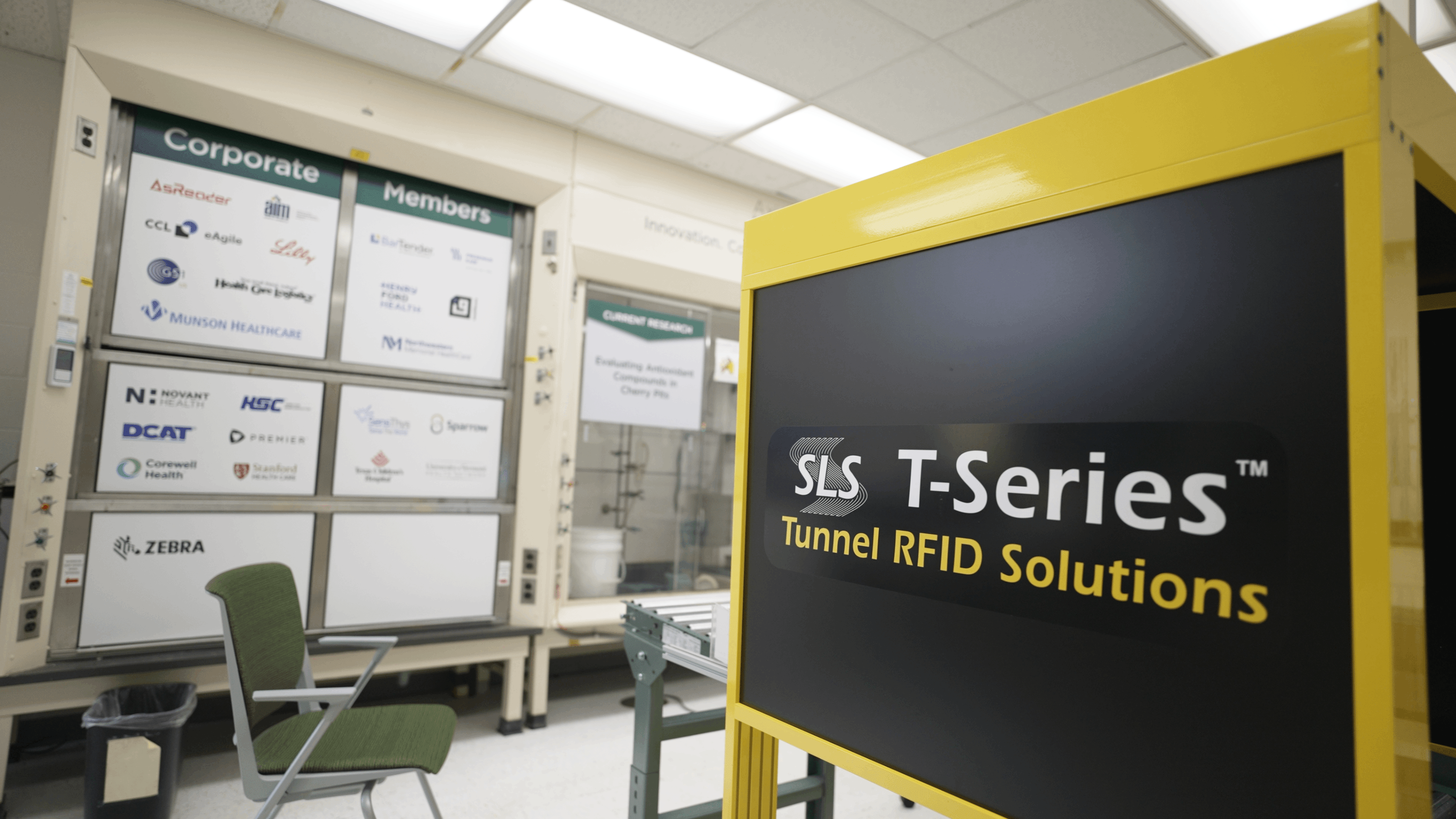
Thorough Tag Testing
Axia Lab is the preferred lab for those looking to receive RFID tag validation in new, diverse environments. We test using RFID tags on actual products following globally recognized standards, providing trusted testing for transparency, interoperability, efficiency and accessibility across your supply chain.
At least 30 individual units (minimum) are tested in our RFID Lab to determine the optimum tag placement and tag performance.
| Lab Tested | RFID Lab |
| Equipment Used | Voyantic Anechoic Chamber |
| Performance Measures | |
| Backscatter | Measures a tag’s signal strength response back to the antenna. |
| Sensitivity | Measures the minimum power required for the tag to respond to the antenna. This aids in finding the optimal placement of a tag on an item and the feasibility of implementation. |
| Theoretical Read Range | Identifies the distance at which an RFID tag can be detected. |
| Tests Performed | |
| Threshold Sweep | This test looks at different performance parameters (Sensitivity, Backscatter, Theoretical Read Range) at different frequencies as the antenna rotates 360 degrees, helping to determine the frequencies and angles that are most readable. A Threshold Sweep is designed to test the performance of a new tag design and is also commonly used to compare tags and tag positions in relation to antennas. |
| Orientation Sweep | This measures different performance parameters and finds the optimal placement for a tag on an item. The orientation Sensitivity is measured by looking at the radiation patterns of tags and tagged objects as the antenna is set at a specific frequency as it rotates 360 degrees. Radiation patterns will differ in different shapes and materials. |
| TIPP | Tagged-Item Performance Protocol is a standardized system developed by GS1 that defines and verifies the performance of RFID-tagged items in various environments and conditions. It ensures consistent and reliable performance by evaluating factors such as Sensitivity, backscatter power, orientation, and frequency. |
Individual units will be tagged and placed into a case/tray to a half pallet. At this step, the Read Rate and success rate of the RFID tags will be measured.
| Lab Used: | RFID Packaging Lab |
| Equipment Used | SLS T-Series RFID Tunnel, RFID Enabled Conveyor Portal, SLS M-600 RFID Enabled Table, Zebra RFID Printer ZT410. |
| Tests Performed | |
| Read Rate | The number of tags that can be read within a given period or the number of times a single tag can be read within a given period. |
| Success Rate | This measures how often an RFID tag is read, and the data is processed. |
Tagged cases/trays will be placed on a pallet. The performance of the tags will be tested for the Read Rate and Success Rate of each pallet.
| Lab Used | Pallet Wrapper Lab |
| Equipment Used | SLS T-Series RFID Tower, Zebra RFID Hand-held Scanners, Zebra RFID Printer ZT410. |
| Tests Performed | |
| Read Rate | The number of tags that can be read within a given period or the number of times a single tag can be read within a given period. |
| Success Rate | This measures how often an RFID tag is read, and the data is processed. |
Three Ways to Test With US
Testing As a Service
Test As a Partner
Test as a Consortium
Axia Lab will work with your company or organization to identify the goals and objectives of RFID testing and implement a plan to meet those goals. Testing as a Service is ideal for non-members and those planning to run limited RFID tag testing. Schedule a consultation with us to discuss what you’re testing!
Axia members receive discounted testing services and can pilot RFID use cases with Axia Lab and possibly even beyond the lab environment. Schedule a call with us to learn how you can test as a partner!
Axia members are given exclusive opportunities to participate in industry-aligned consortia and pool resources to fund RFID testing to address common challenges. Schedule a call with us to learn more about our industry-aligned consortiums!
Order RFID Validation Testing
 There are many reasons to test an RFID tag. Maybe your product has changed packaging, or has a new carrier. Axia Lab is prepared to test your tag for whatever it will be experiencing in the real world. Listed below are RFID Validation Testing options that are available in the online form. Additional non-scope tests are available upon request.
There are many reasons to test an RFID tag. Maybe your product has changed packaging, or has a new carrier. Axia Lab is prepared to test your tag for whatever it will be experiencing in the real world. Listed below are RFID Validation Testing options that are available in the online form. Additional non-scope tests are available upon request.
Standard Validation Tests
Baseline for Inlay on reference materials
Evaluate key parameters of the inlay sample, including Sensitivity, Backscatter, and Theoretical Read Range.
Baseline for Tagged-item
Evaluate key performance parameters such as Sensitivity, Backscatter and Theoretical Read Range of the tagged sample through a variety of tests including Threshold, Orientation, and Tagged-Item Grading (TIPP Testing).
Collision
Evaluates any changes in performance after collision to compare with baseline.
Packaging Performance Testing in Healthcare Provider Environment
Evaluates the readability and performance of RFID-tagged items in RFID-based smart cabinets.
Population Analysis
Shows the readability of RFID-tagged samples, and those that are unreadable, individually and as a group of items.
Shipping
Provides a clear understanding of the effect that transportation stress factors (vibration and impact) may have on RFID tag performance.
Secondary Package Performance Testing
Evaluates the readability and performance of RFID-tagged Items in a box/case using handheld scanners, RFID tunnel or RFID table.
Tertiary Packaging Performance Testing
Evaluates the readability and performance of RFID-tagged items in a pallet using handheld scanners or RFID pallet wrapper.

Our Current Partners
Axia collaborates with corporate partners to help industry solve its most pressing value chain challenges.

Research:
Discovering New Solutions
Expanding understanding of value chain optimization, data analytics and relationship to engineering, smart packaging, water and food safety and sustainability.

Join Our Institute!
The Axia Institute is seeking corporate and academic partners.
Click here to learn more about the Axia Institute’s partnership model.

